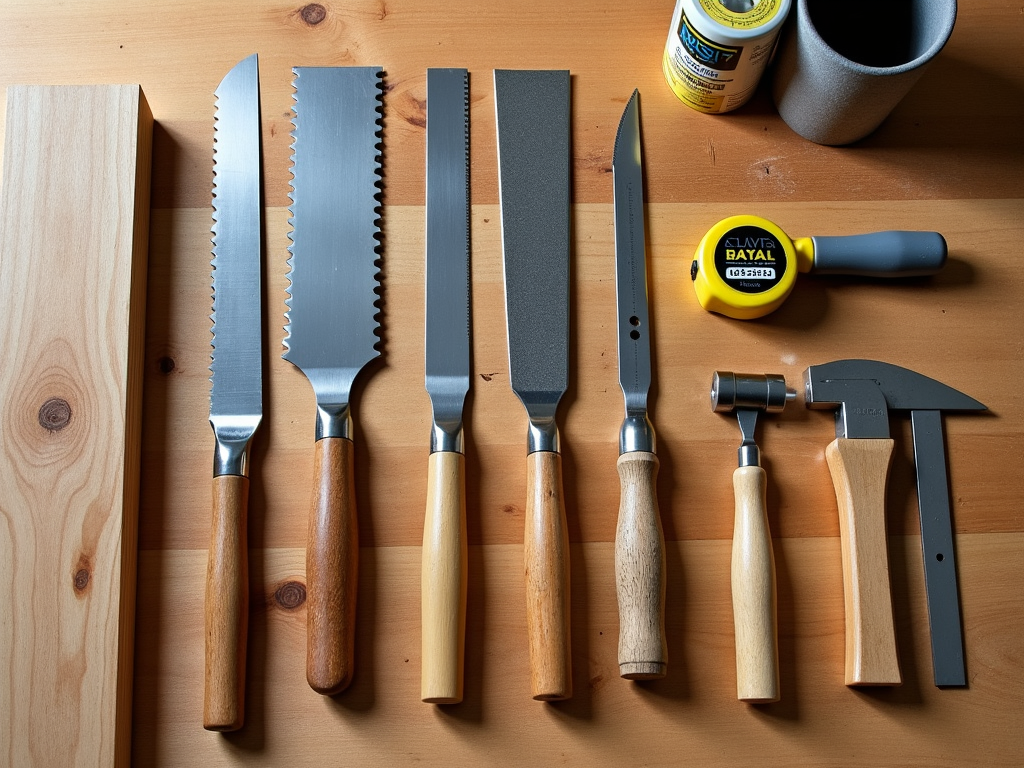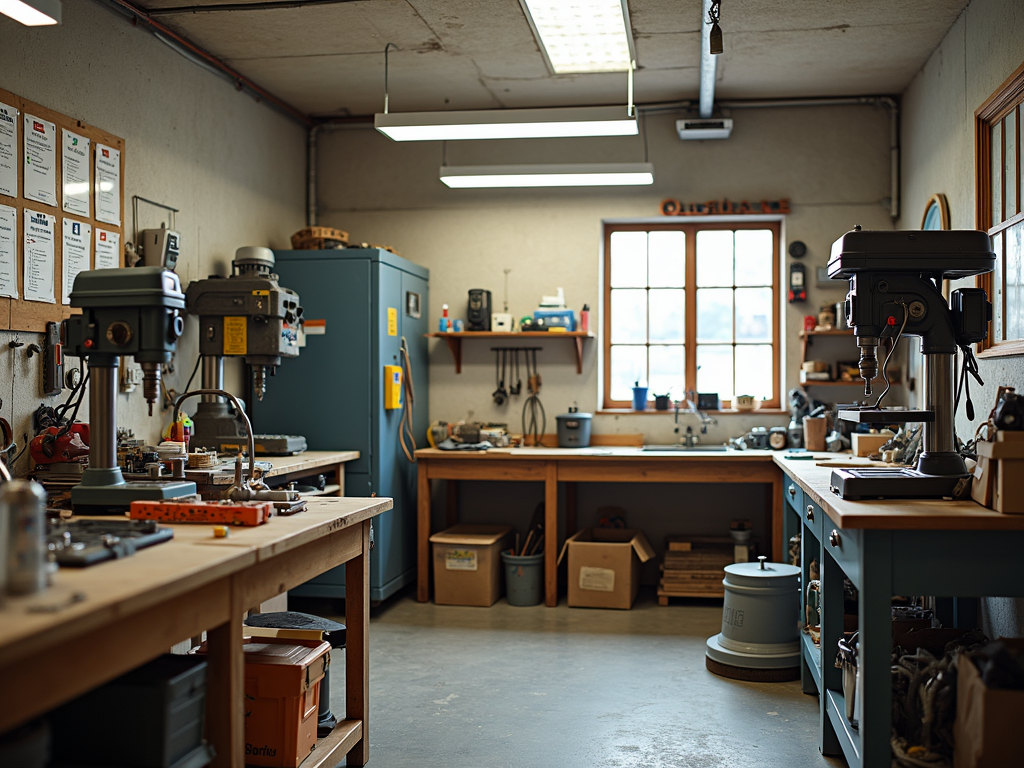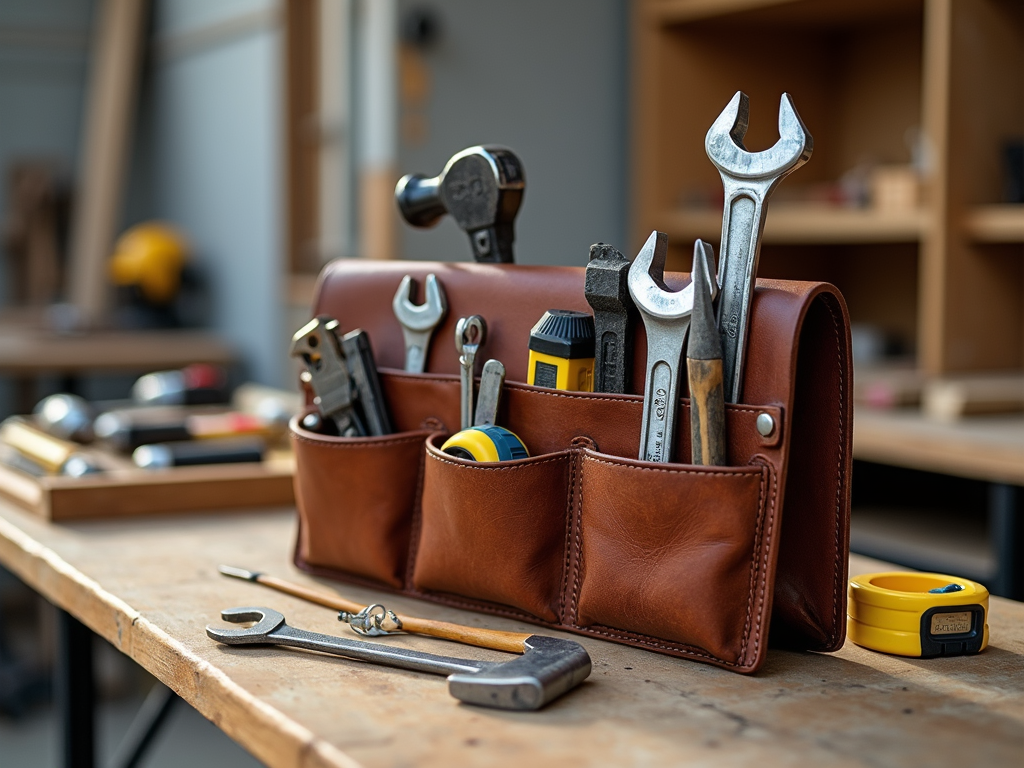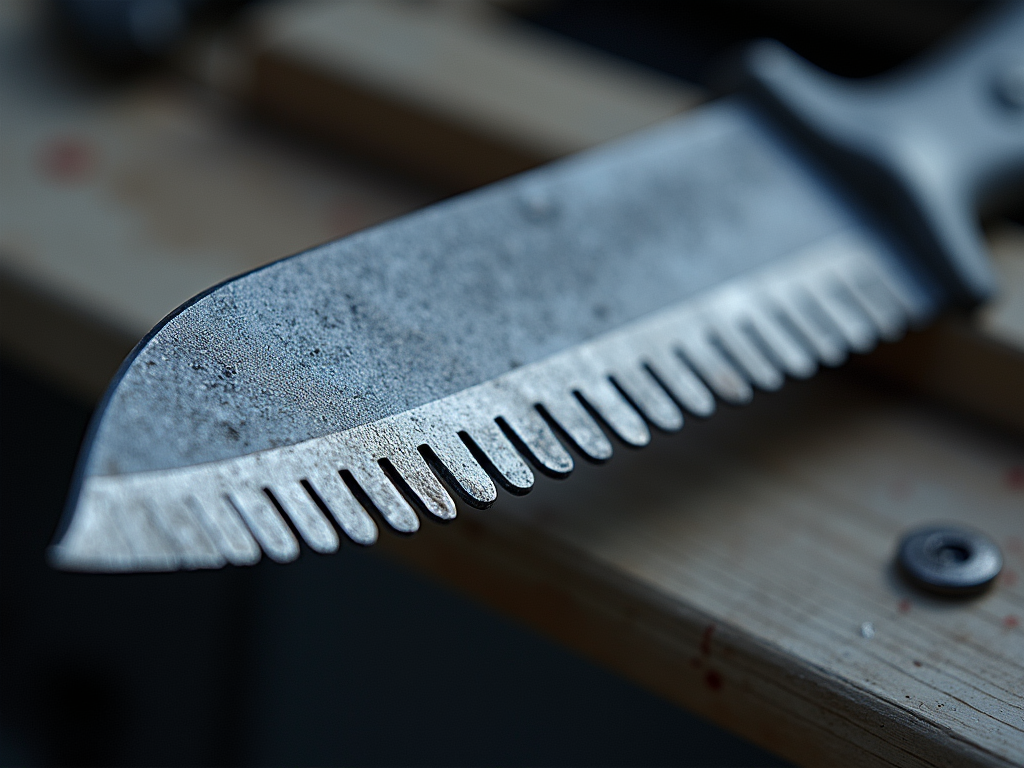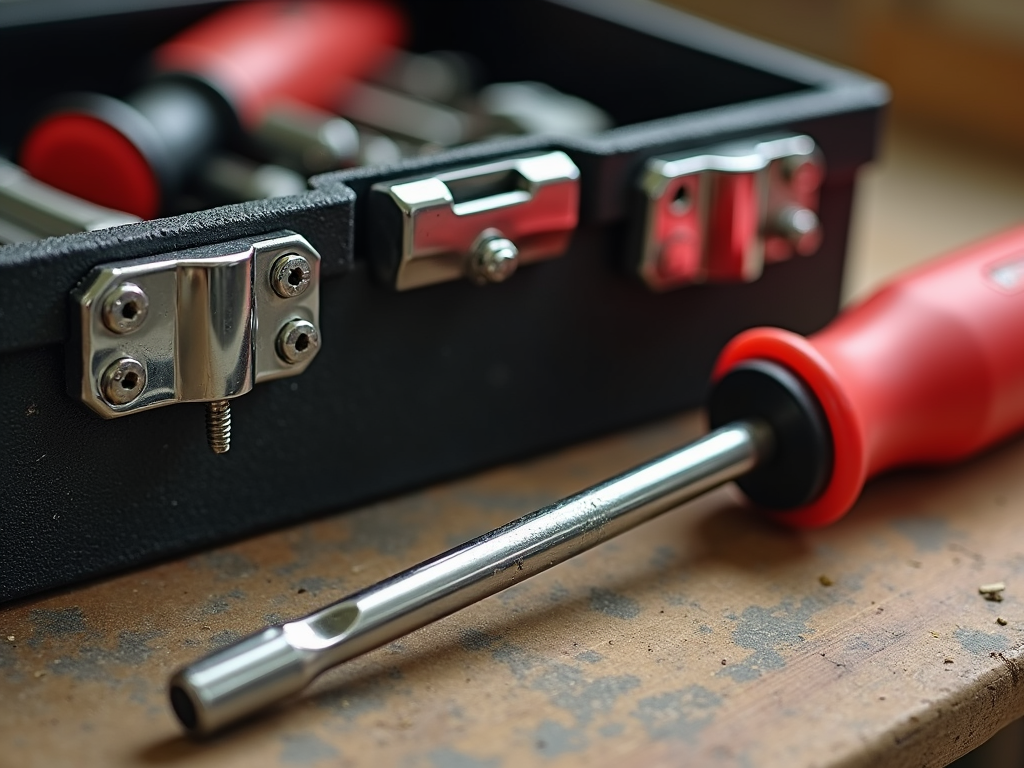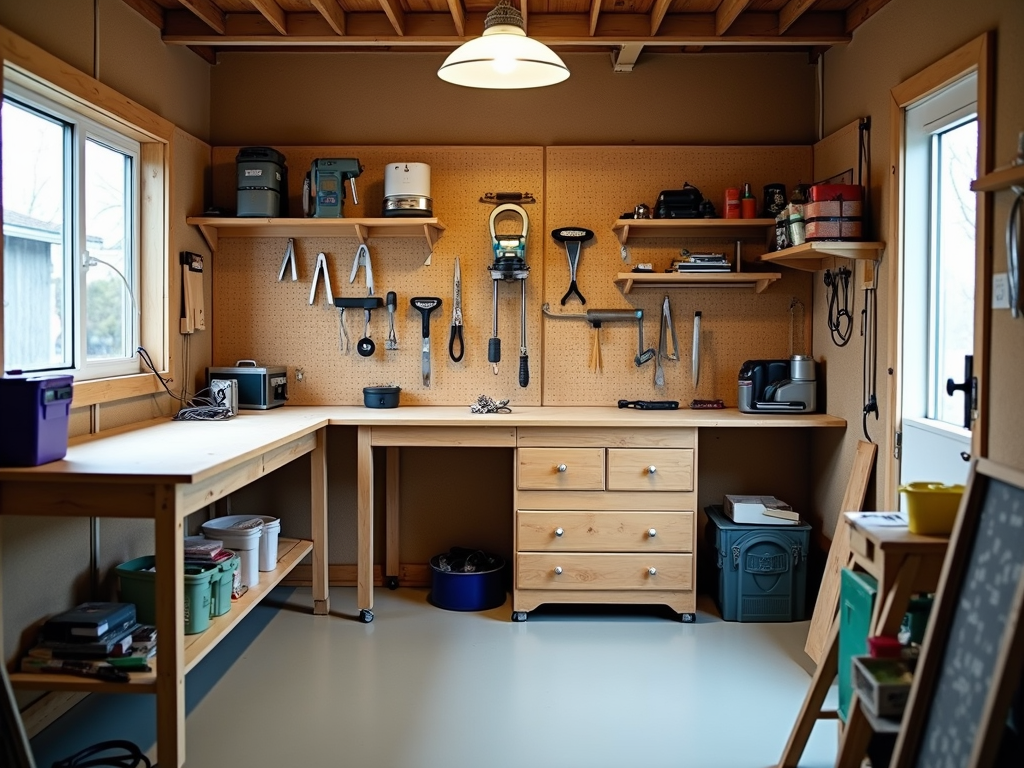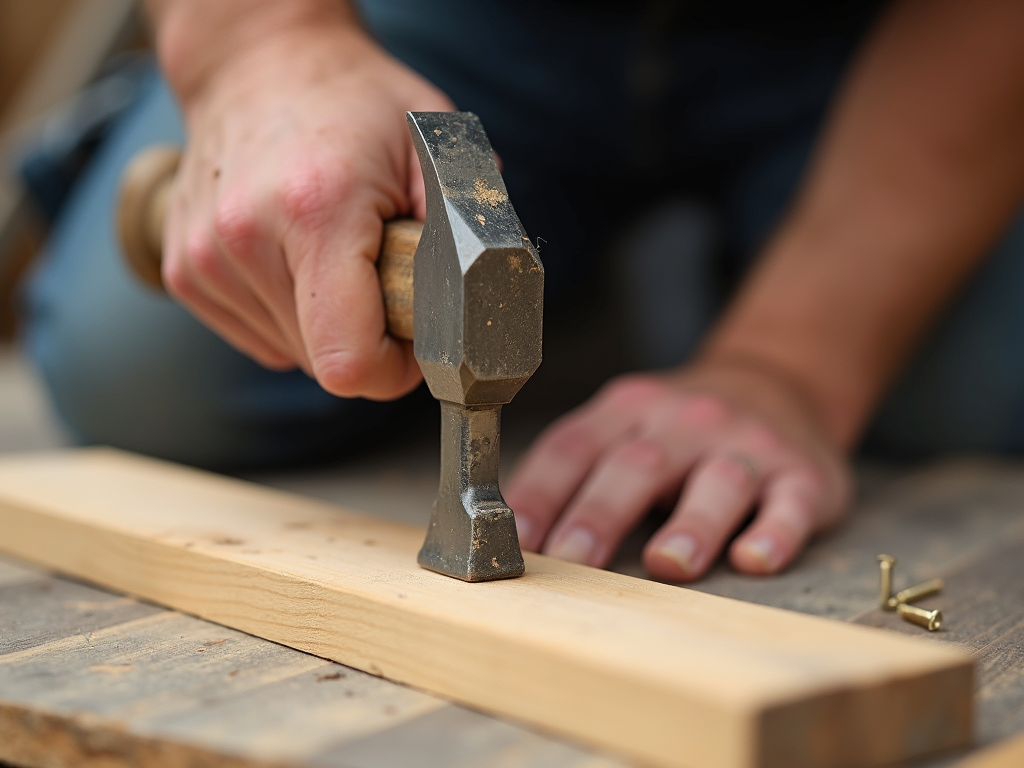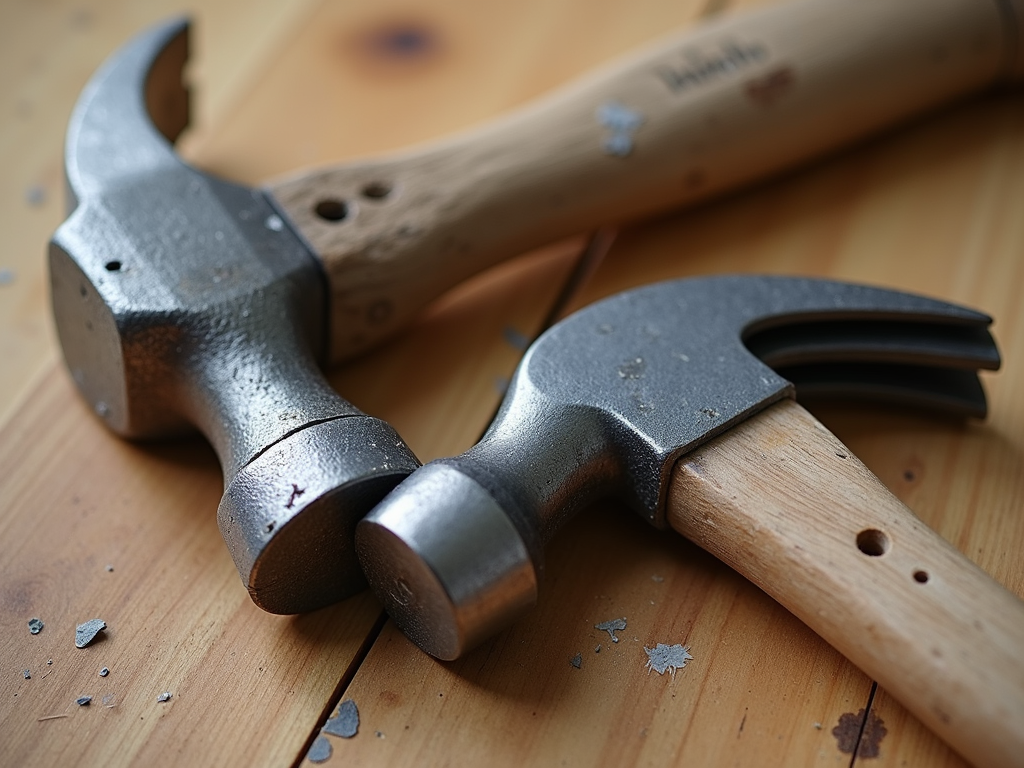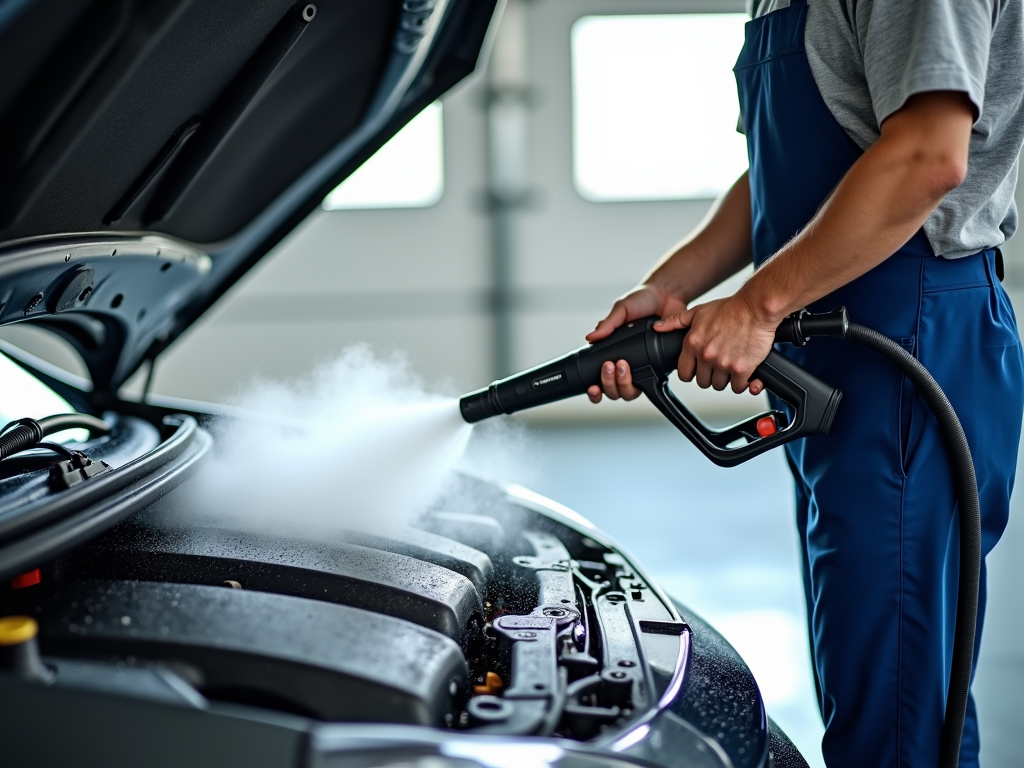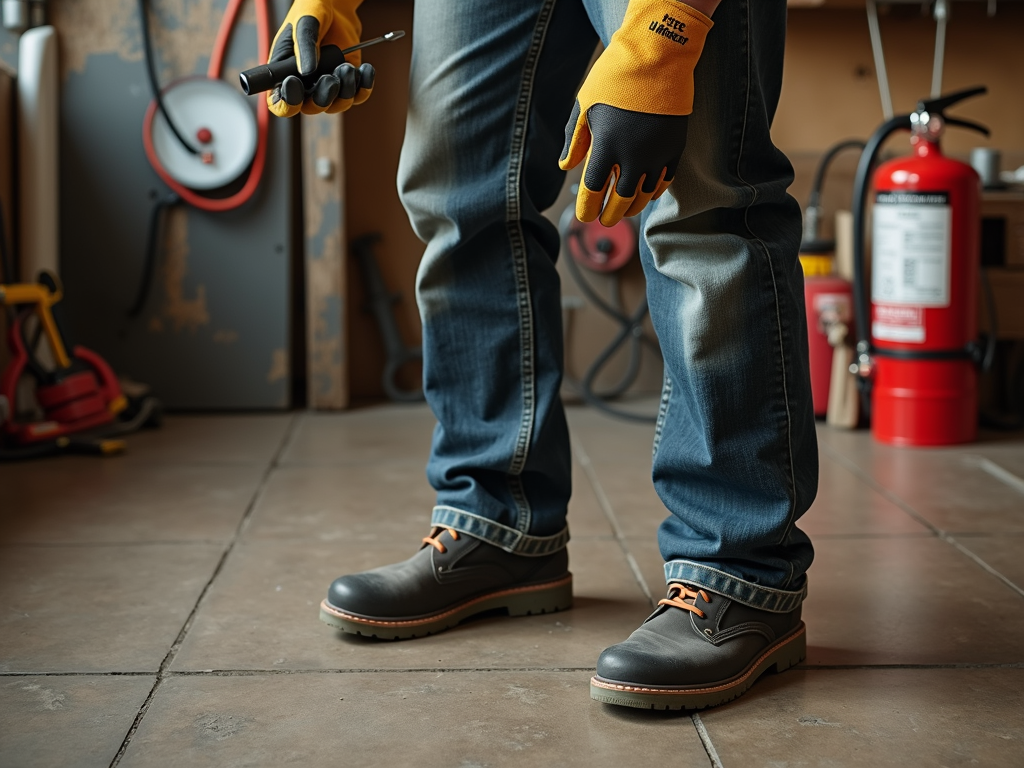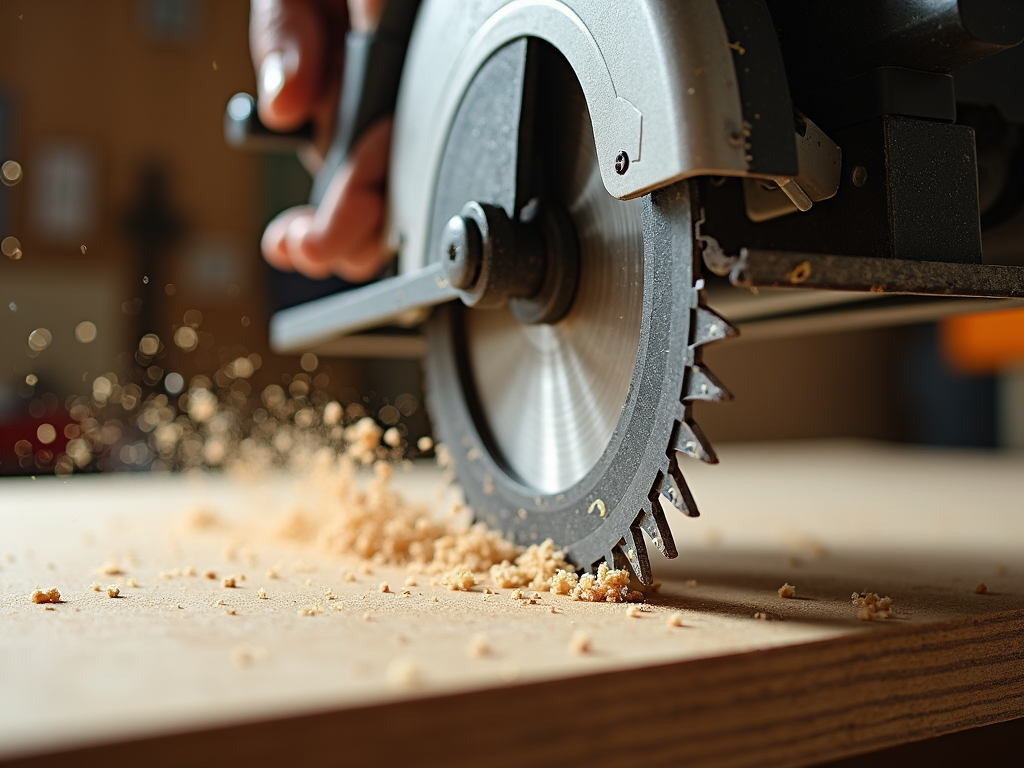Whether you're a seasoned craftsman or a DIY enthusiast, having the right workman tools can make all the difference in your projects. In this guide, we'll explore the essential tools every workman should have in their arsenal for everyday use. From woodworking to general repairs, these tools will help you tackle any task with confidence and precision.
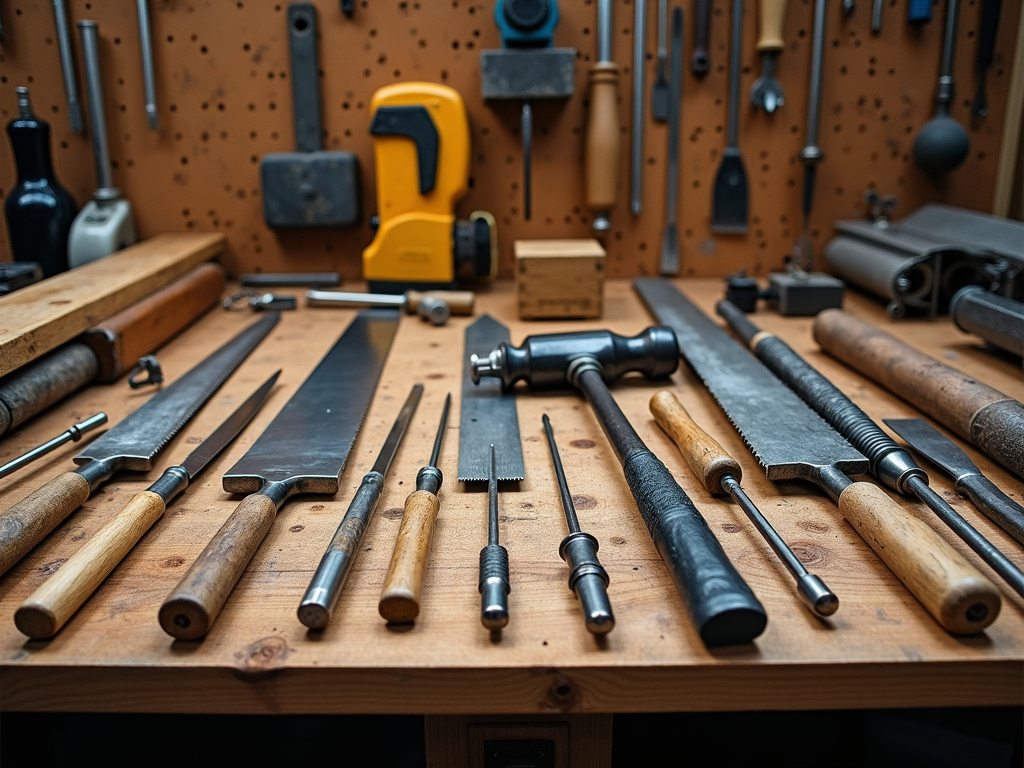
Understanding Workman Tools
Workman tools are the backbone of any successful project, whether you're building furniture, fixing a leaky faucet, or crafting a piece of art. These tools are designed to be versatile, durable, and efficient, making them indispensable for both professionals and hobbyists. In this section, we'll delve into the core categories of workman tools and why they are crucial for everyday use.
Woodworking Tools: The Heart of Craftsmanship
Woodworking tools are a subset of workman tools that are specifically designed for shaping, cutting, and assembling wood. These tools are essential for anyone who works with wood, from carpenters to hobbyists. Here are some of the most important woodworking tools you should have:
- Hammer: A good hammer is the cornerstone of any tool collection. It's used for driving nails, fitting parts, and even demolition. Look for a hammer with a comfortable grip and a balanced weight.
- Saw: Whether it's a hand saw or a power saw, this tool is crucial for cutting wood to size. A versatile option is a circular saw, which can handle a variety of cuts.
- Chisel: Chisels are perfect for carving out joints, smoothing rough edges, and detailed work. A set of chisels in different sizes will cover most of your needs.
- Measuring Tape: Accuracy is key in woodworking, and a reliable measuring tape ensures your cuts are precise.
Personal Insight: I once spent an entire weekend building a bookshelf, only to realize that my measurements were off by a fraction of an inch. The result? A wobbly, uneven shelf that I had to disassemble and start over. Since then, I've learned the importance of double-checking measurements and investing in quality measuring tools.
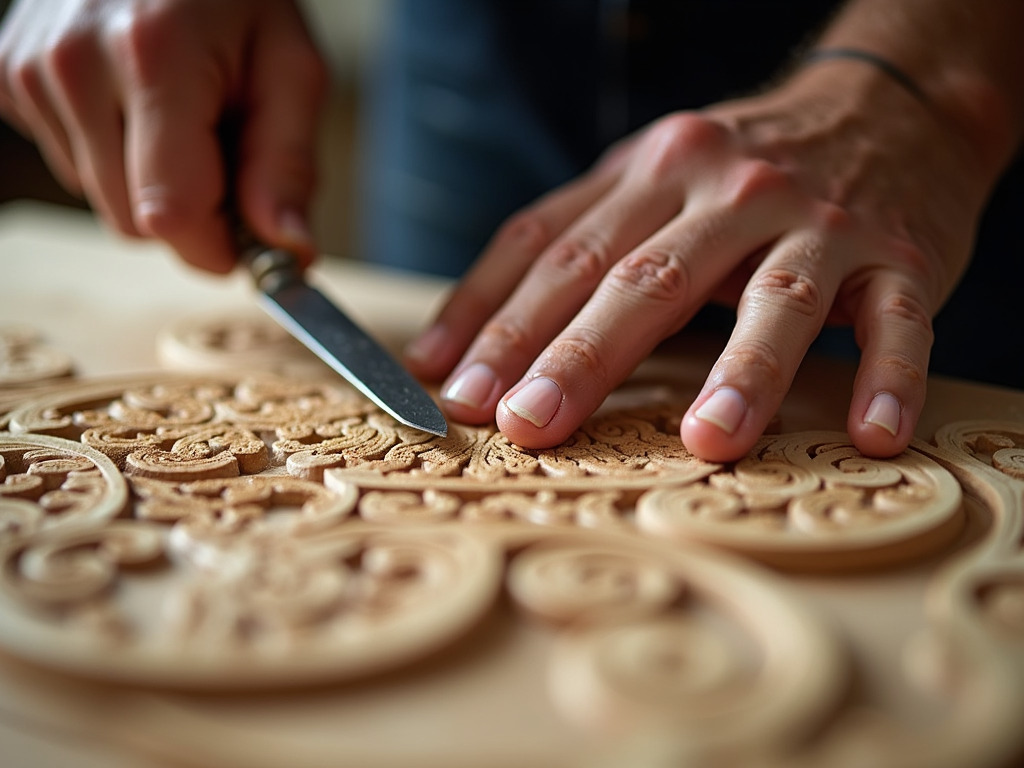
General Workman Tools: Versatility at Its Best
Beyond woodworking, there are several general workman tools that are essential for everyday tasks. These tools are designed to handle a wide range of repairs and maintenance jobs around the house or workshop.
- Screwdriver Set: A set of screwdrivers with various heads (flat, Phillips, etc.) is indispensable for assembling furniture, tightening loose screws, and more.
- Wrench: Adjustable wrenches are great for tightening or loosening nuts and bolts of different sizes.
- Pliers: From gripping small objects to cutting wires, pliers are a must-have for any toolkit.
- Utility Knife: Perfect for cutting through packaging, trimming materials, or scoring surfaces.
Tip: When selecting tools, opt for those with ergonomic handles and high-quality materials. They might cost a bit more upfront, but they'll save you time and frustration in the long run.
Choosing the Right Tools for Your Needs
With so many options available, it can be overwhelming to choose the right workman tools for your specific needs. Here are some factors to consider:
- Purpose: What tasks will you be performing most often? If you're primarily working with wood, prioritize woodworking tools. For general repairs, focus on versatile hand tools.
- Quality: Invest in tools made from durable materials like stainless steel or high-carbon steel. They may be pricier, but they'll last longer and perform better.
- Comfort: Tools with ergonomic designs reduce strain and fatigue, especially during long projects.
- Brand Reputation: Stick with reputable brands known for their quality and customer service. Some trusted names include Stanley, DeWalt, and Craftsman.
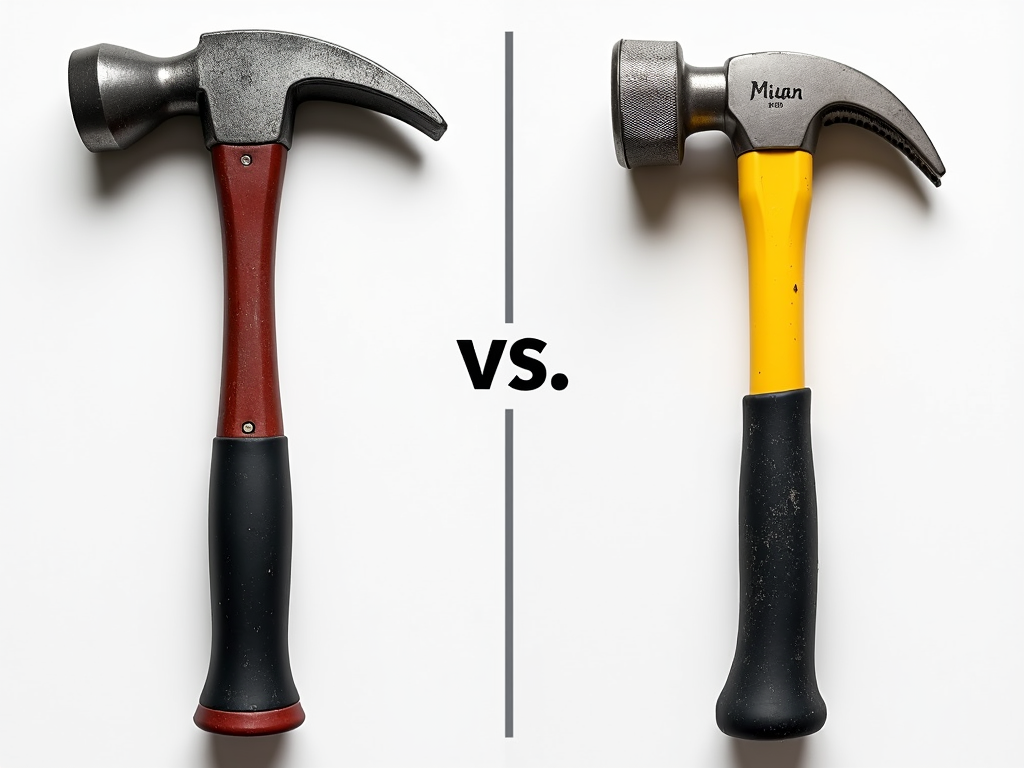
Maintaining Your Workman Tools
Proper maintenance is key to ensuring your tools last for years. Here are some tips to keep your workman tools in top condition:
- Clean After Use: Wipe down tools with a dry cloth to remove dust, dirt, and moisture.
- Store Properly: Keep tools in a dry, organized space. Use toolboxes or pegboards to prevent damage.
- Sharpen Blades: Regularly sharpen saws, chisels, and knives to maintain their effectiveness.
- Lubricate Moving Parts: Apply lubricant to hinges, joints, and other moving parts to prevent rust and ensure smooth operation.
Conclusion
Having the right workman tools for everyday use can transform your projects from frustrating to fulfilling. By investing in quality tools, understanding their uses, and maintaining them properly, you'll be well-equipped to tackle any task that comes your way. Remember, the key to successful craftsmanship is not just having the tools but knowing how to use them effectively.
Related workman tools for everyday use:
- Woodworking Basics: Getting Started with Quality Tools
- Essential Safety Practices for Workshops: A Comprehensive Guide
- The Role of Technology in Modern Workshops
- Mastering the Craft: Essential Workman Tools for Professional Builders
- Guide to Table Saw Blades for Every Cut
- Tool Maintenance: Tips for Longevity
- Maximizing Space in a Small Workshop
- Advanced Hammer Techniques for Experienced DIYers
- Why Tool Care Keeps You Safe: Essential Tips for Construction Workers
- Power Tools for Automotive Repair: A Comprehensive Guide
- Electrical Safety Tips for DIY Enthusiasts: A Comprehensive Guide
- The Ultimate Guide to Home Improvement Tools
